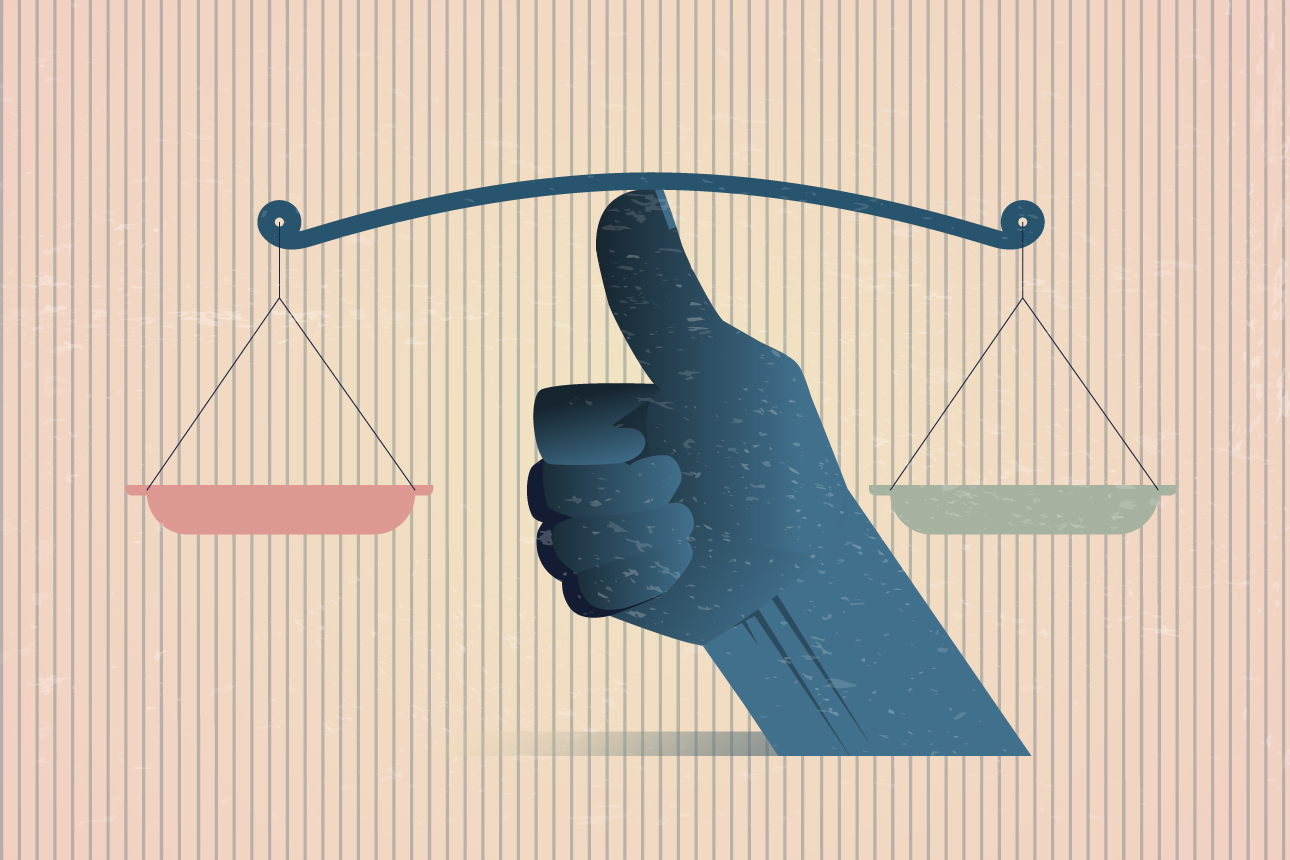The increasing use of AI is bringing convenience and ease, but it is not without its downside. According to professor Daron Acemoglu, the benefits of using AI will be overshadowed by its cons in the future.
Online shopping is one of today’s major trends. With the futuristic use of AI, consumers can help sellers offer better products. However, he states that it is already going downhill.
The main issue is that the companies gather a substantial amount of data and AI insights can be used to take out money from the transactions made.
Retailers make use of a technique called “price discrimination” that allows them to charge distinct prices for every customer. The data enables the retailers to gauge how much a customer wants a certain product and how much they are willing to pay for it. Hence, they set prices accordingly. Another way is to show personalized ads during “prime vulnerability moments” when the ads are likely to be most impactful.

This allows the companies to earn money substantially, but it decreases competition as it leaves consumers with less money to spend on other stores. In turn, this increases inequality and discrimination.
AI is also creating jobs and eliminating jobs for people at the same time. Acemo?lu stated that this will lead to an increase in economic inequality. This is because some workers will be forced to work for lower-paying jobs or go out of work entirely. This will “shift the balance of power away from labor [and] towards the capital,” says Acemo?lu.
It might be far-reaching to assume this would happen but a large experiment recently confirmed that Facebook’s algorithm limits users’ exposure to news told from a perspective they don’t agree with. This led to extremism and misinformation on social media.

AI is, without doubt, an important need for today’s fast-paced world. Its downside must be avoided through smart regulation. Authorities can limit the use of automation and certain forms of data harvesting to enable this.
Acemoglu is not the only one with this concern. In an essay in the New York Times, former Facebook data scientist Roddy Lindsay says Congress can address the problem by using the law to change the platforms’ incentives. This will hold companies accountable for their data usage practices.


